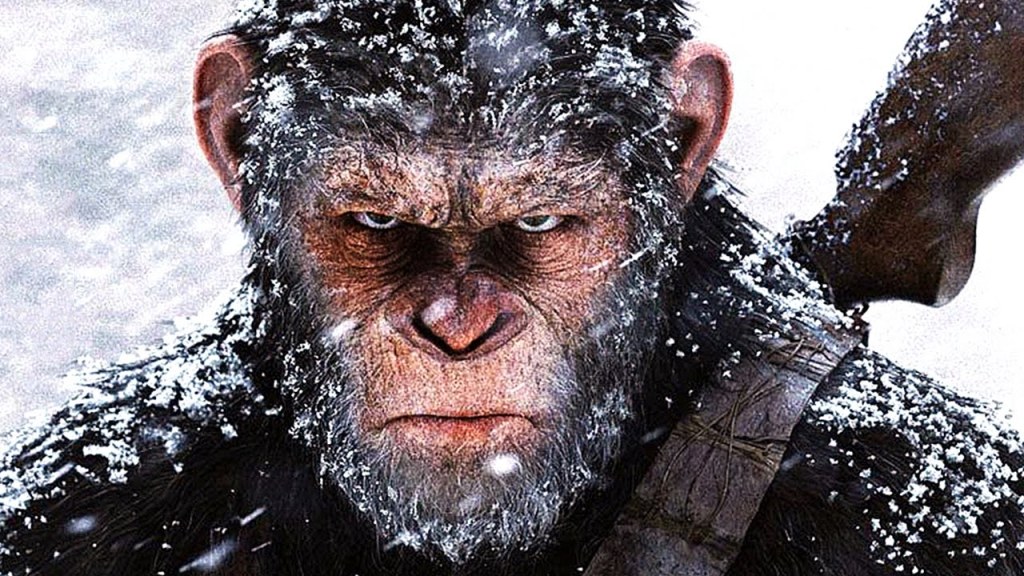As the title suggests, so forth.
Artwork by AI
We’re now four months into 2024, and this blog’s grand experiment with AI art. It has already fooled one regular theatre cohort of the blog into thinking an AI image was an official stylised poster. Success! But on a serious note it has been nice to have bespoke imagery about the place. Nobody else will get the exact same results from the AI behind Night Cafe even if they used the exact same prompts. And nobody else will use the exact same prompts derived from idiosyncratic interests. It gives a vague New Yorker or Wall Street Journal feel to a mere blog to have charcoal sketches hovering over pieces. And it has been interesting watching the development of the technology. Originally just goofing around it with it for such important artistic endeavours as Keanu Reeves v Cocaine Bear, taking it seriously allows for checking in on the progression of the AI’s skills. This image was a Cezanne pastiche last year.
It was a reasonable attempt for a supercomputer. The colours were in the right places. The subject was as requested. And the style was primitively correct. To paraphrase from Brideshead Revisited, it was as if an Aztec had attempted a Cezanne painting. And now the exact same prompt produces the image beneath. Which is clearly a Cezanne pastiche of a much higher order. Yes, asking it to do pictures that could be considered characteristic subjects in the style of the various painters I request (Hodler, Van Gogh, Hopper, Klimt, Van Gogh, Lichtenstein, Cezanne, Matisse, Picasso, Schiele, Botticelli, Hockney, Michaelangelo, Whistler, Warhol) is helping to train it, which means effectively working for free for a corporation.
But in the age of surveillance capitalism a good chunk of all our lives seems to be spent doing that anyway. At least this way some beauty gets brought into the world, in the most curious way imaginable. ChatGPT! What is beauty? (Don’t you dare quote or reference Keats in your reply)
And like that, it’s gone
I wondered why it was so late opening on a Sunday the other week, then thought I might have got muddled about its hours. But when I saw another branch clearly closed for business I got suspicious. And yes, it really has abruptly closed. The entirety of Mao and Dante’s Pizza has been shuttered. It makes very little sense that a chain which was doing well enough to have a tie-in with Leinster rugby, and didn’t seem to be lacking in customers, couldn’t find someone to take over the lease. But that’s how it is. It will leave quite a hole in the takeaway options, and explode some rituals. No more will Bank Holidays be marked with the treat of a Nasi Goreng in the specially elongated box to accommodate the chicken skewer underneath the fried egg, with a pack of prawn crackers to round out the dish. No more will the Inaugural speech of the latest POTUS be listened to while wolfing down Ho Chi’s chicken wings, chips, and egg fried rice. No more will I idly pop in while returning home from the NCH to get an egg fried rice just before they close. And there will be no more idle flitting between Mongolian beef and Singapore noodles as options for an impulsive treat. I remember the oddity of the first Mao restaurant appearing, complete with its massive Warhol portrait of the Chairman, right across from the College of Music in Chatham Row. And after being followed, as it felt, around all my haunts for decades, suddenly it’s gone. Goodbye Mao, thanks for the food and the memories.
What Does Elon Musk Do All Day?
Work? Where? This is a deadly serious question. The other week I saw Andrew Ross Sorkin getting annoyed two days in a row on CNBC when his guests seemed to question whether Elon Musk should be paid 56 billion dollars by Tesla. The man is listed as CEO of Tesla, CEO of SpaceX, and CTO of Twitter; yet he has criticised people working from home for not really working because they are less productive than in the office. In his case, which office? Elon Musk is, as so many thin-skinned billionaires are, a raging hypocrite. But how on earth can he expect a 56 billion dollar package from Tesla to keep him interested in doing his job? As they have said is the purpose of such renumeration. Fire him. That, not paying them 56 billion dollars is the usual response to a worker checking out of their job. 56. Billion. Dollars. That amount of money is obscene.





